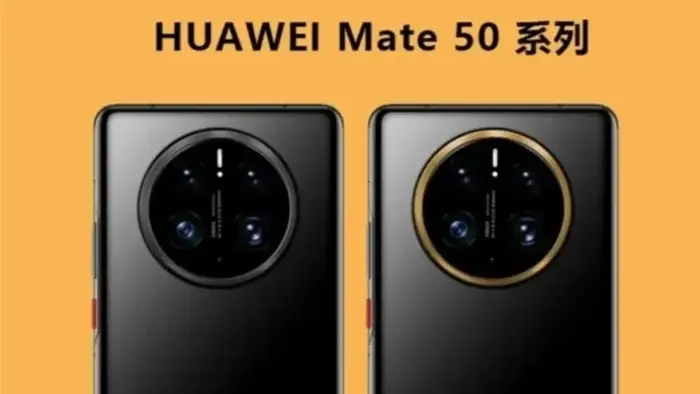Huawei has announced that it will hold a new product launch conference on September 6. At this event, the company will officially unveil the Huawei Mate 50 series flagship. This new flagship series now have the Chinese 3C certification. This shows that the company is already making final preparations before the official launch of the series. The 3C certification website reveals that there is a total of three models. One of the model numbers is CET-AL00 and all the models support 66W fast charging. That is to say, this year, Huawei Mate 50 will have a fast charging specification for the entire series.

The three models in this series will likely be the Huawei Mate 50, Mate 50 Pro and Mate 50 RS Porsche design. Among them, the Mate 50 Pro and Mate 50 RS will use the notch solution. However, compared with the iPhone notch, the Mate 50 notch can achieve richer functions and stronger gameplay.
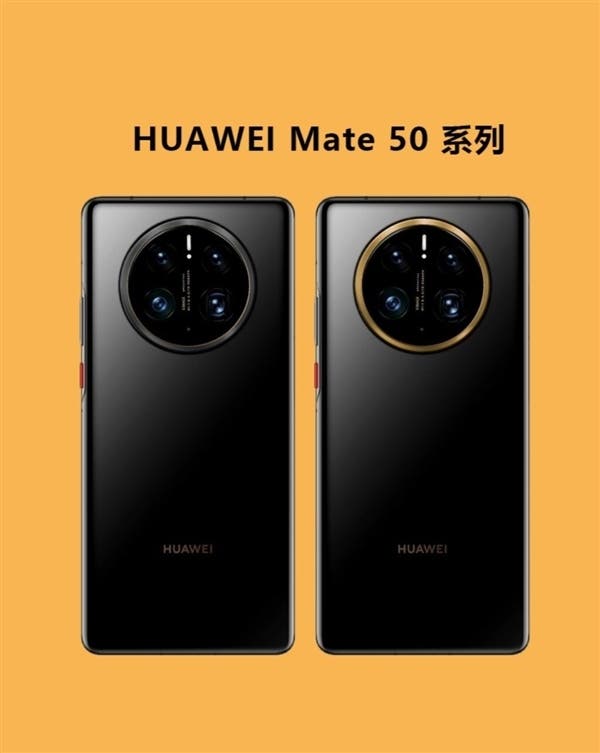
From a poster showing the rear camera module, we can see that the camera department of the Huawei Mate 50 series remains one of its biggest highlights. The company will launch its own imaging brand, XMAGE, with the Mate 50 series. XMAGE will replace Leica. At the same time, the Mate 50 Pro and above models will also use a periscope telephoto lens and a variable aperture main camera lens.
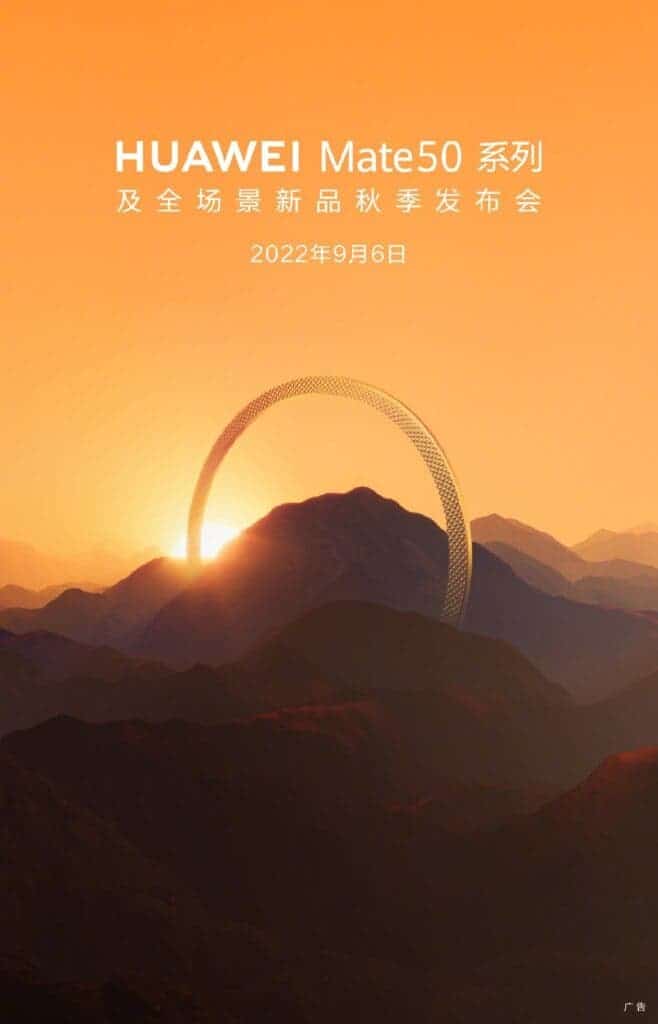
Huawei Mate 50 Pro supports variable aperture
The official announcement of the Huawei Mate 50 series launch date has created excitement among Huawei fans. Since the announcement, there have been many revelations regarding this upcoming flagship series. One of the leaks is the image of the rear camera design. Although we can not make much from it, netizens were able to spot that this device will support variable aperture. In fact, this is not a new technology. As early as the Samsung Galaxy S9/S10 era, Samsung has equipped its flagship with a variable aperture.
For example, the Samsung Galaxy S9 series released in 2018 supports F1.5/F2.4 two-speed variable aperture. The physical change to the size of the lens is achieved through the “bezel” on the outside of the lens. It only needs to adjust the shrinkage of the bezel. In this way, the lens can better match the environment and take better photos. It will be able to open the aperture at night and reduce the aperture in strong light. This can make it avoid the dilemma of facing certain scenes with a single aperture.
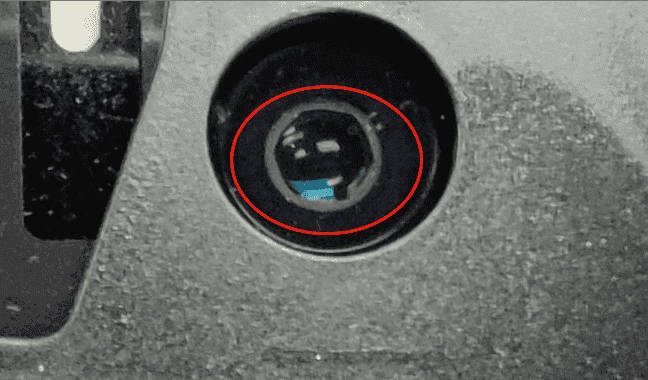
According to the previous Huawei variable aperture patent, the aperture of the Mate 50 Pro also applies a similar technology, through the adjustment of at least 6 aperture blades to achieve aperture changes. However, although this technology looks beautiful, because Samsung’s adaptation of software and algorithms was too much, it was “thankless”. It only lasted for two generations of models, and it was completely cancelled in the S20 series.
However, with Huawei’s XMAGE as well as the HarmonyOS 3.0 system, its optimization of this feature will be far better than Samsung’s. It will most likely offer a better experience and may carry forward this technology.
Ren Zhengfei – Huawei Mate50 will boost market confidence
Although Ren Zhengfei believes that Huawei should survive first, the current situation is not so bad. At least Huawei mobile phones are returning with all their strength. For its new generation of flagships, it is also fully stocking up. In the context of many Android manufacturers cutting orders, doing so will indeed help boost the morale of the industry.
In this regard, Tianfeng International analyst Kuo Ming-Chi claims that if the Huawei Mate 50 market responds well, it will encourage the domestic high-end mobile phone market. It will also reduce the impact of the downward cycle of the consumer electronics market, and boost the confidence of the entire market.
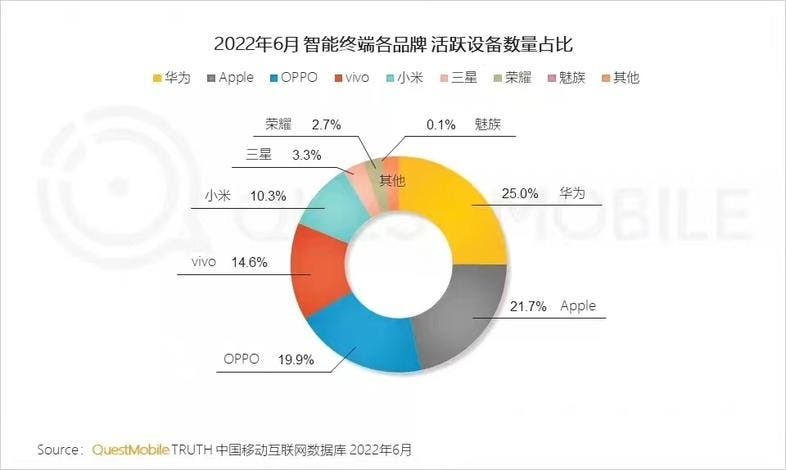
According to QuestMobile data, in the ranking of the number of active devices in China’s smart terminal market in June 2022, Huawei’s mobile phone number is still the first, accounting for as high as 25%.
In the supply chain, Huawei’s orders are increasing by as such as 20% in July. This is against the general trend of cutting orders. From the perspective of the upstream supply chain, the Mate 50 is an important model in the Android camp this year, covering the mid-to-high-end series. If it can open up the situation, it can drive the sales of the Android camp to a large extent. Before this, many Android mobile phone manufacturers have cut orders one after another, and even Samsung has reduced its shipment target for this year. If the Huawei Mate 50 series can awaken users’ consumption, then this will be a great stimulus and benefit for the entire camp.
Huawei Mate 50 series processors confirmed
The Huawei Mate 50 series has been confirmed to be released on September 6. According to popular Weibo tech blogger, @DCS, the Huawei Mate 50 series processor is the Snapdragon SM8425, code-named Waipio LTE, which is the Snapdragon 8 Gen1. This means that the Huawei Mate 50 series will come with the Qualcomm Snapdragon 8 Gen 1. This is the chip that uses Samsung’s 4nm process. Although there is not much difference between the Snapdragon 8 Gen 1 and the Snapdragon 8+ Gen 1 in terms of overall parameters, the 4nm process of Samsung and TSMC is still significantly different. The latter has better heat control and performance.
However, the Huawei Mate 50 series will still be equipped with 4G special chips and cannot support 5G networks. According to supply chain sources, third-party manufacturers have developed 5G mobile phone cases in a targeted manner. These are considered supplementary solutions to enable Huawei Mate 50 series to use 5G networks through plug-ins.

